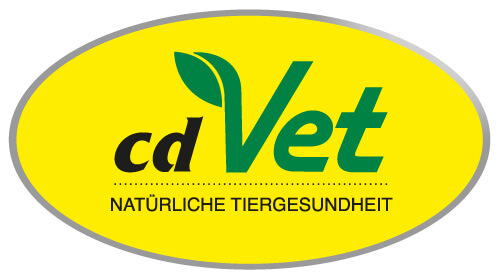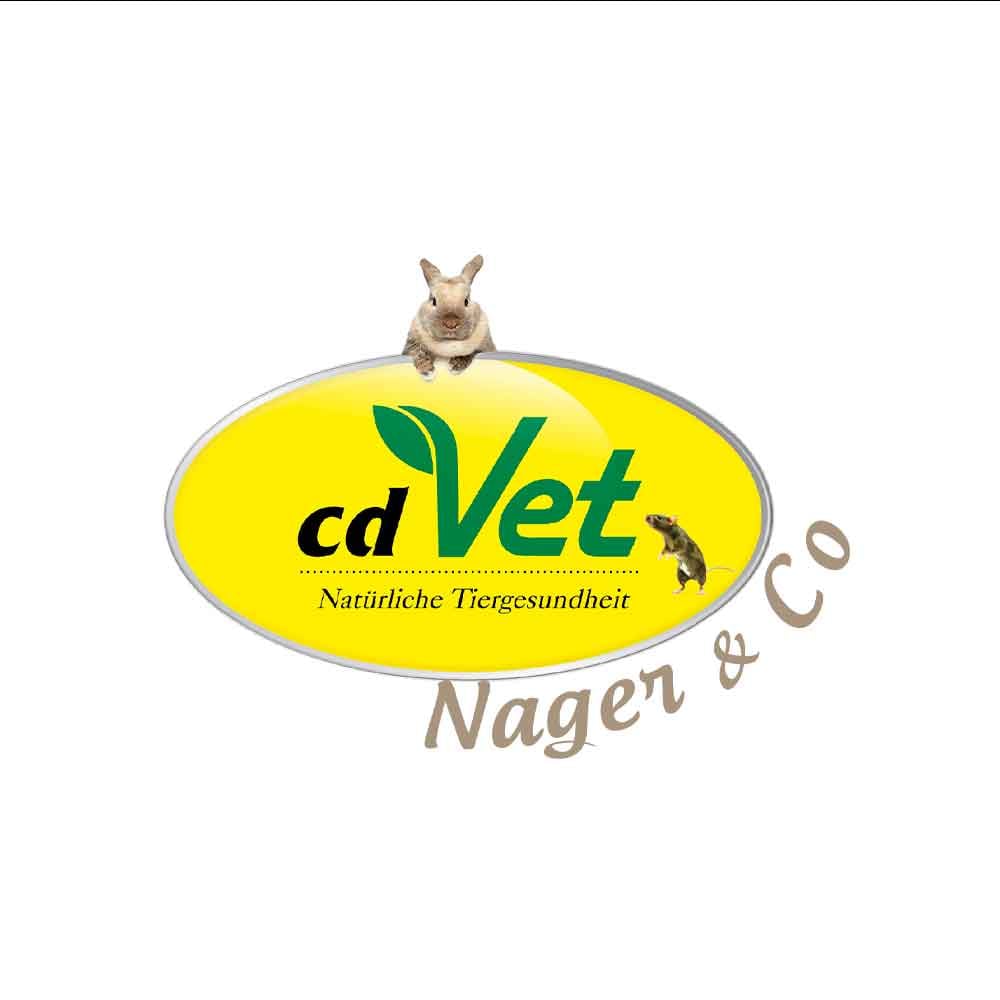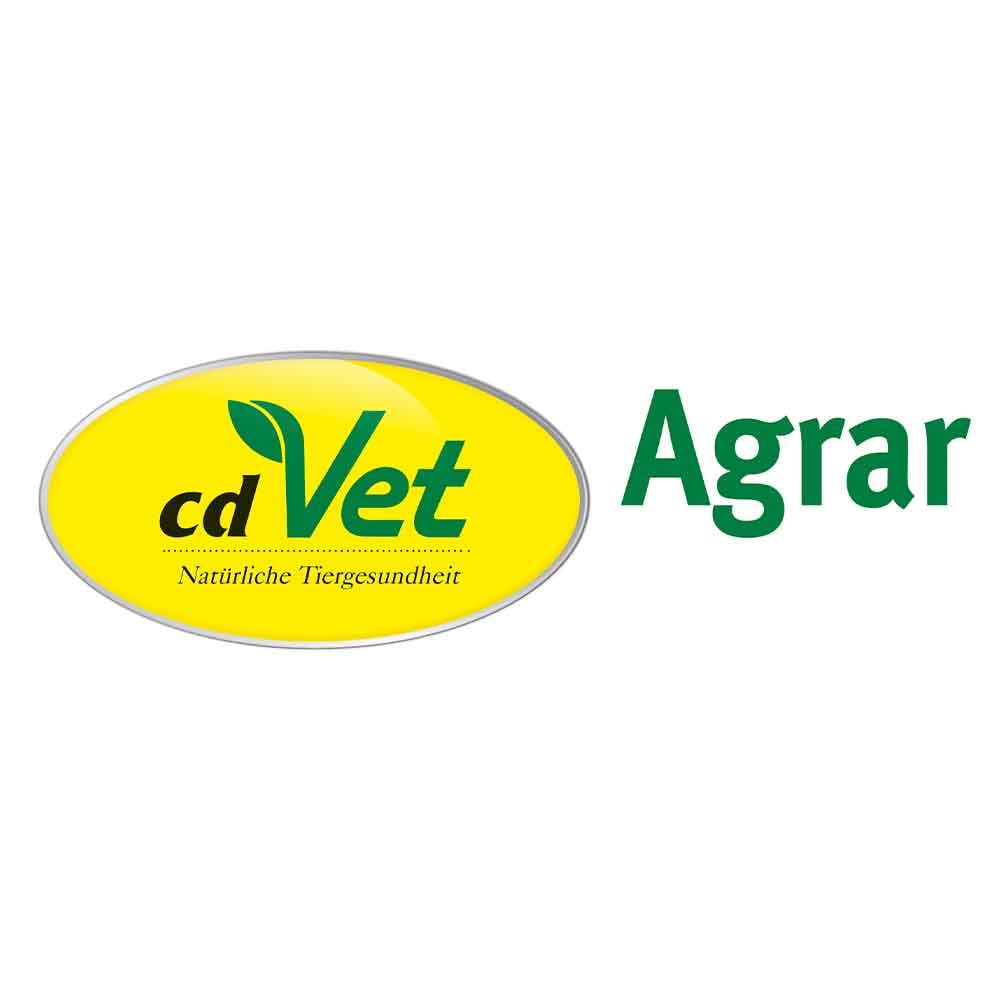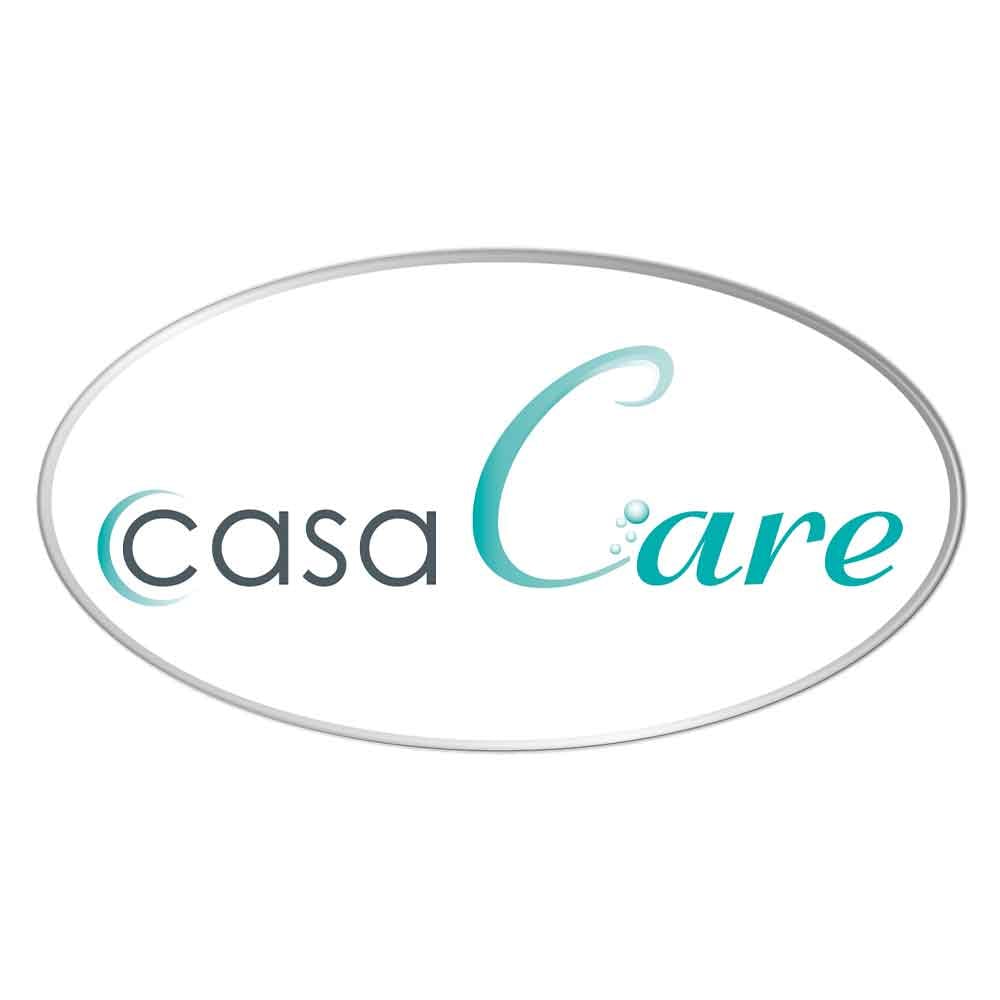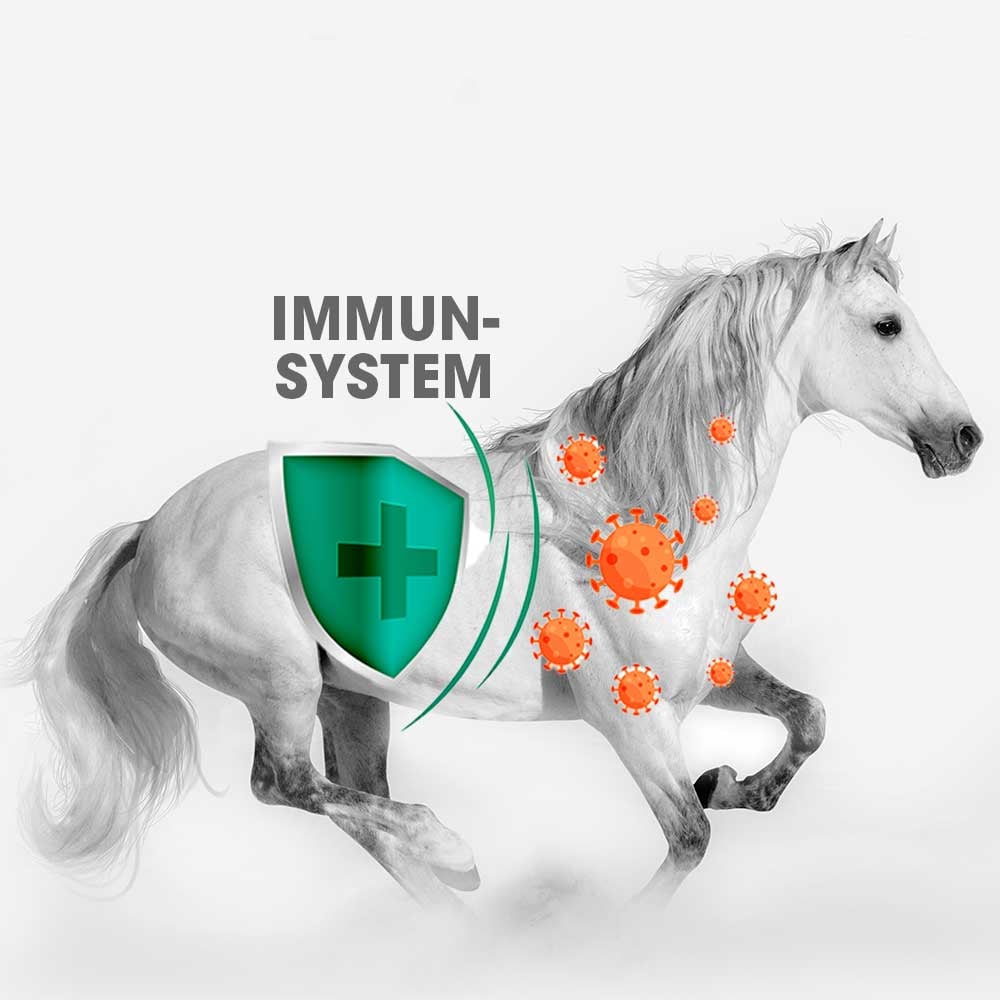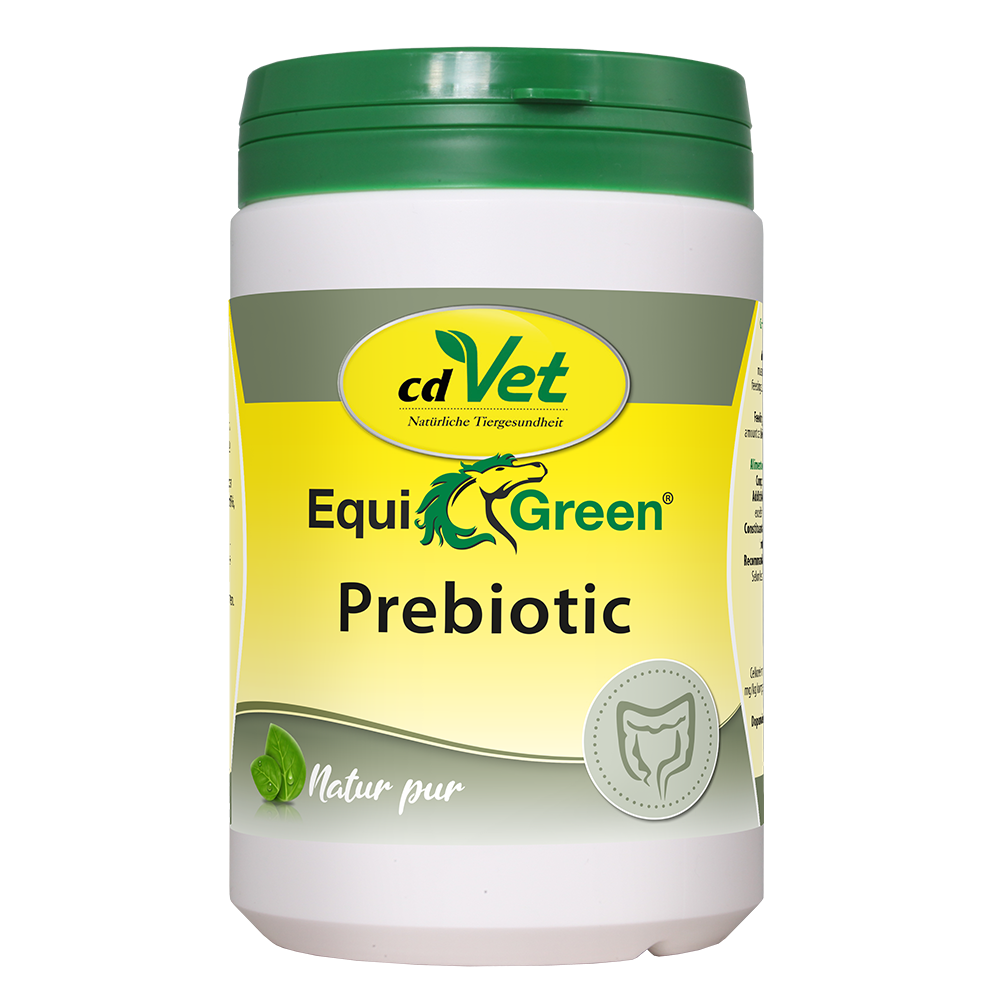The horse's immune system
The immune system – the "defense system" against everything that could cause damage from the outside – is a complex system. There is an external and an internal defense function. If the organism is in balance, the protective barrier works over the skin and mucous membrane. Protection is provided by the acid mantle of the skin, the stomach and intestinal mucous membrane, or also by the secretion of the nostrils and bronchial mucous membrane. Unwanted intruders are killed, for example, by stomach acid or covered with mucus and eliminated from the body.
If this system is disrupted, defense follows via the blood. Invading enemies are repelled and "eaten" by special blood cells, the leukocytes. In order to make this defense as effective as possible, these blood cells multiply. In some cases, special blood cells also form. Lymphocytes that are physiologically present in the blood can specialize and react faster and better if another intrusion occurs. They have memorized the "enemy" and immediately bind the pathogen. This process is also known as the key-lock system, or antigen-antibody formation. The organism is now immune to this intruder. This function is also used in vaccinations.
How do immune system disorders occur?
For this system to work, good, species-appropriate housing and feeding are essential. Harmful influences can be:
Foals are particularly vulnerable due to their young, immature immune systems. Older foals are also more prone to infections because metabolic processes are slower.
How can the immune system be strengthened?
In addition to an adequate supply of vitamin C, special attention should also be paid to nutrition in terms of micronutrients. Coat change, growth or existing functional disorders such as EMS, tendency to laminitis, or horses prone to allergies require a large number of micronutrients every day.
Due to meadows lacking herbs and the often resulting insufficient hay quality, important secondary plant substances for maintaining health are also missing from the diet. These "building blocks" for regeneration should be made available daily in a good, bioavailable form. The pillars of a good immune defense include, among other things, an adequate supply of zinc and selenium from natural sources. To ensure good absorption, the acid-base balance should be regulated.
